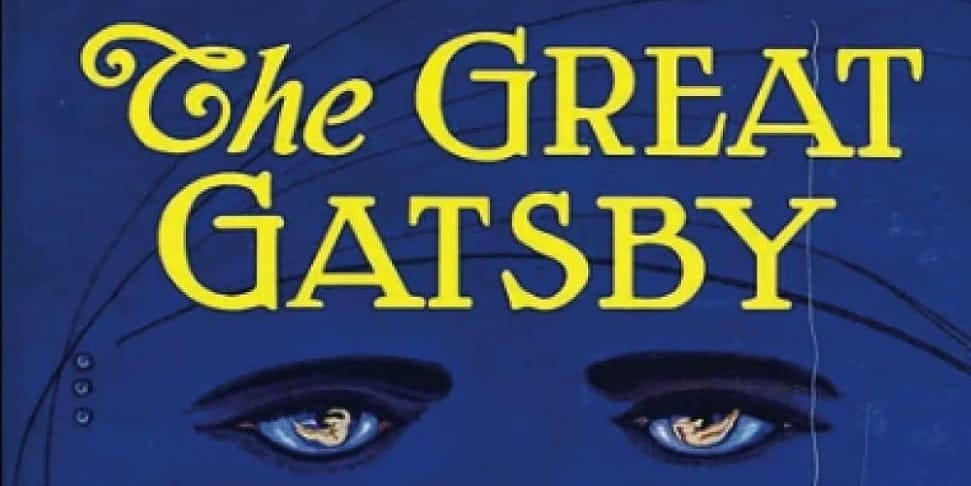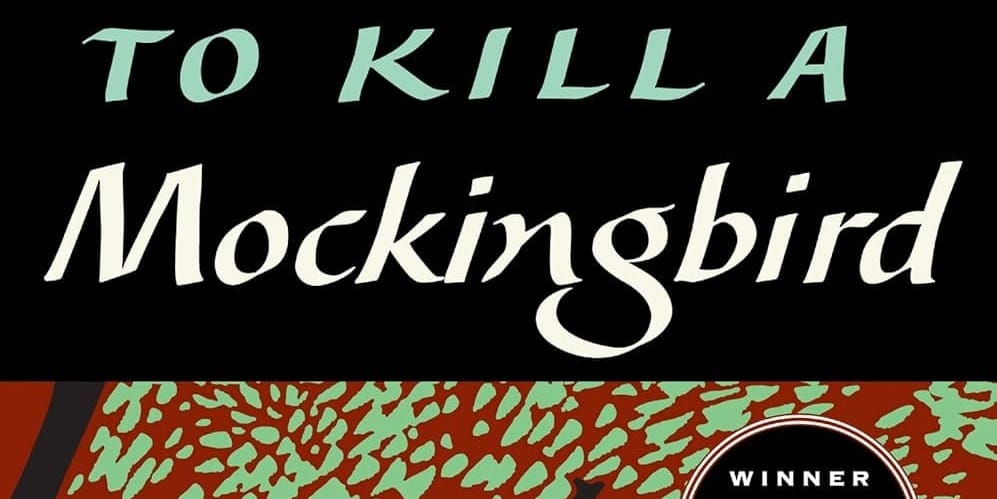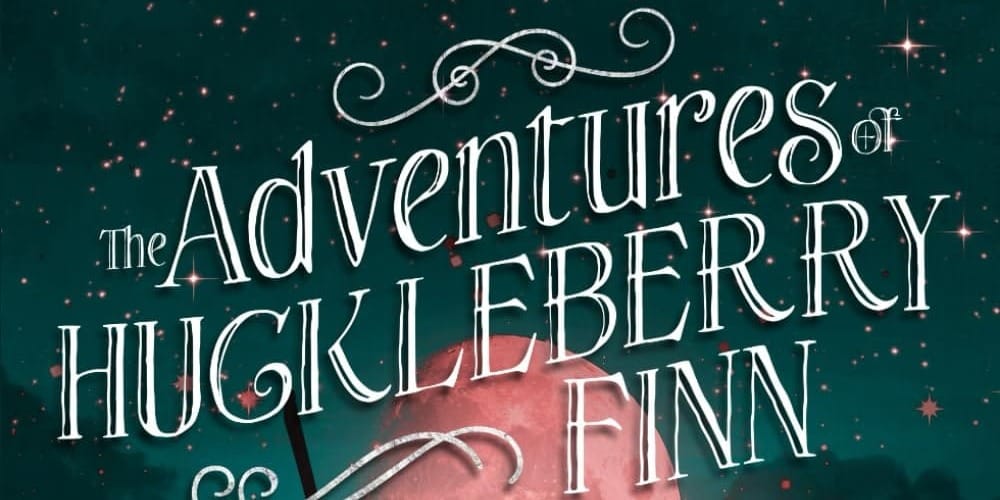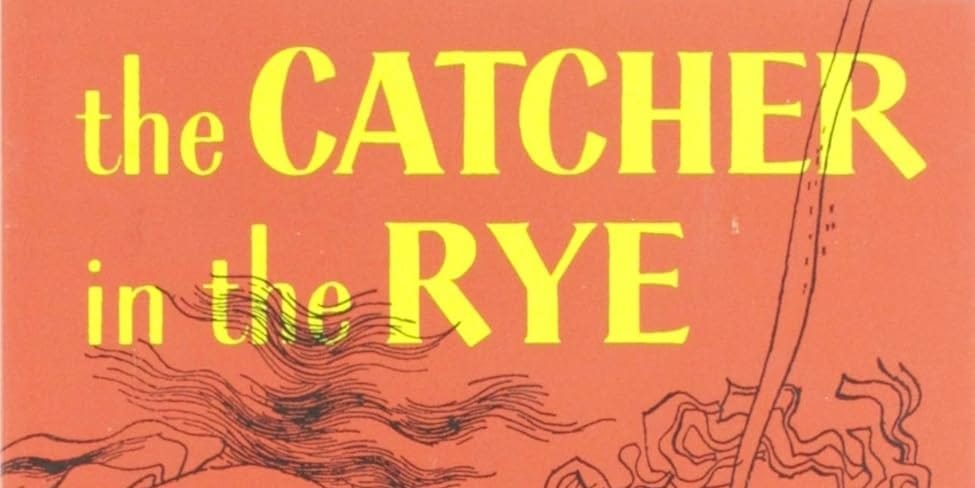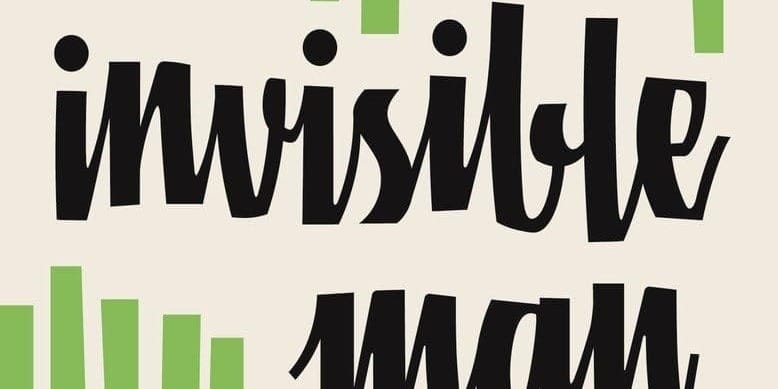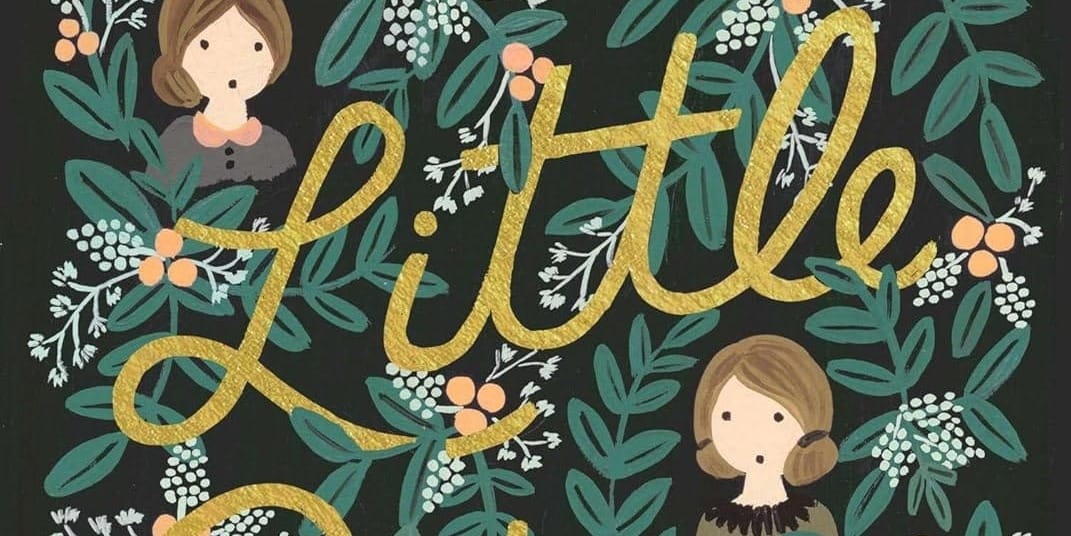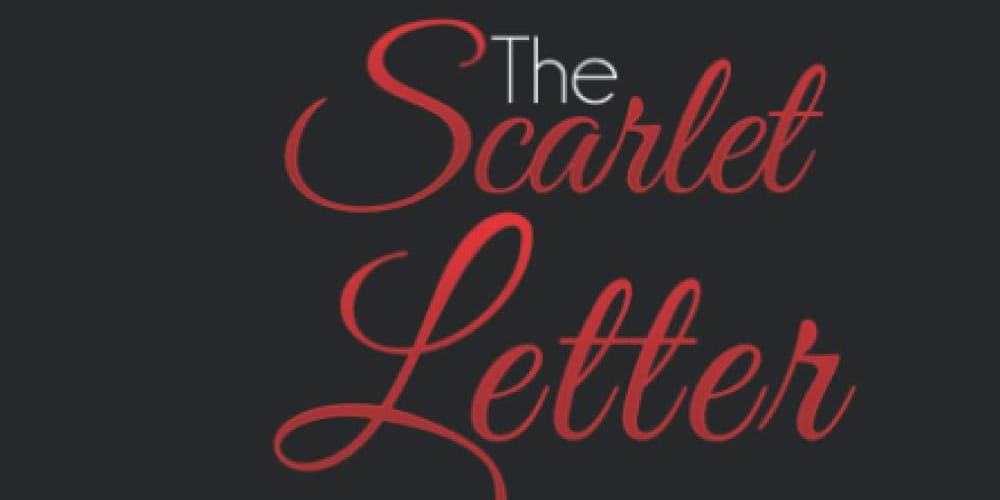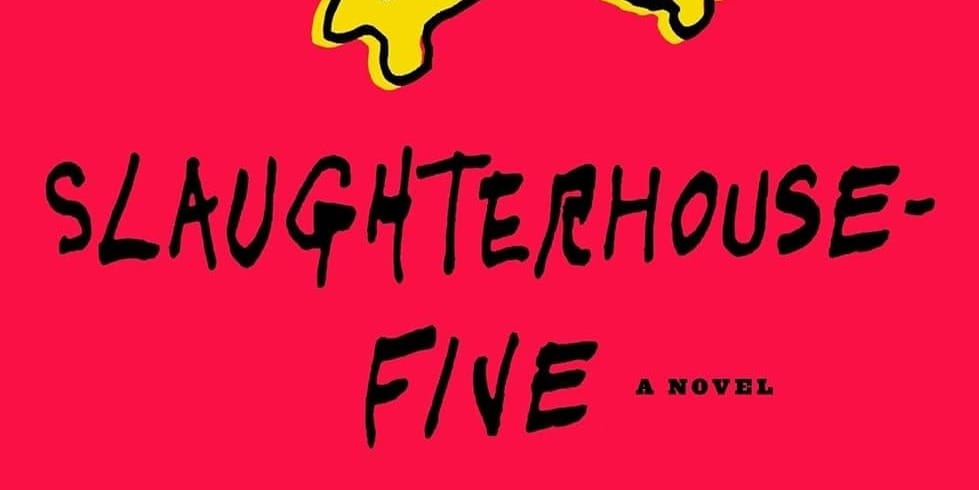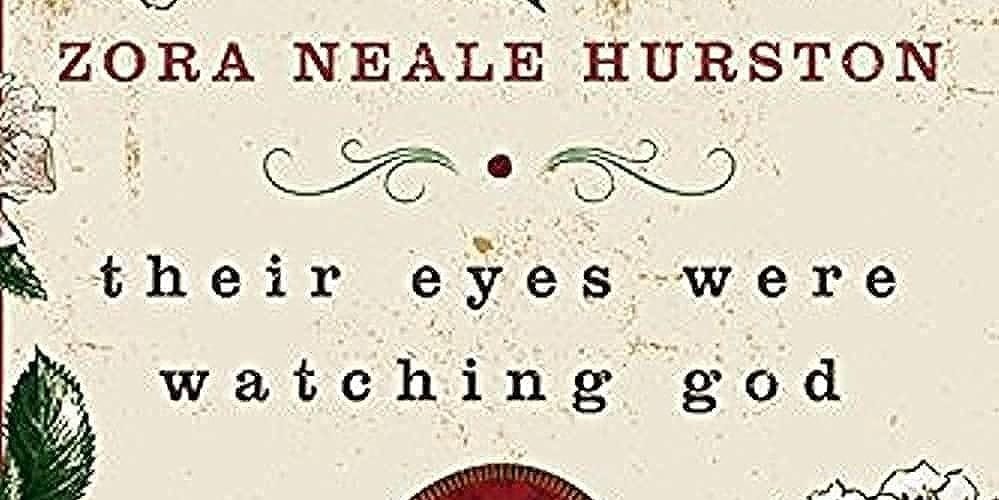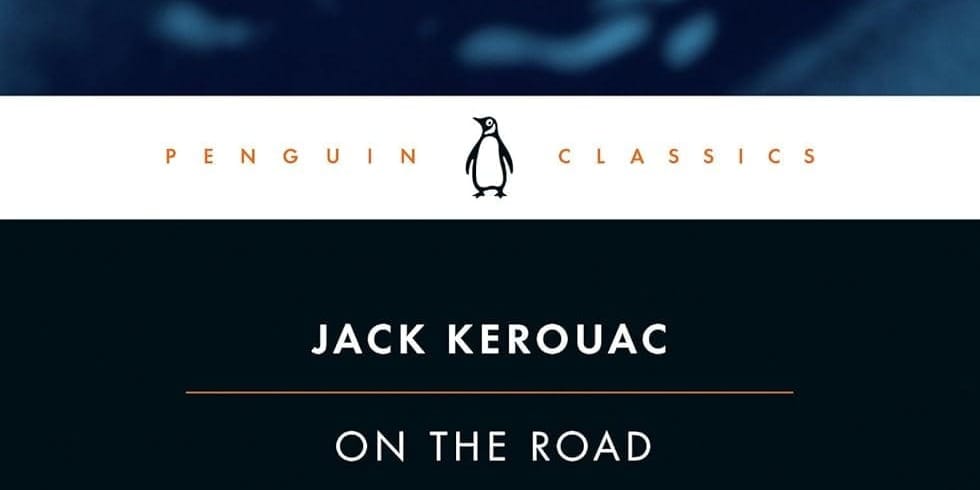Books are more than just stories; they are reflections of a nation's soul and windows into its past. American literature captures the struggles, triumphs, and cultural shifts that have shaped the United States. From explorations of ambition and injustice to reflections on identity and freedom, these works remain powerful touchstones. Whether you are revisiting timeless favorites or encountering them for the first time, this list of American classics showcases literature that defined generations and continues to shape readers today.
Must-Read American Classics That Defined a Nation
American literature has long served as a lens through which readers understand the country’s evolving identity. These classic novels capture pivotal moments in history, societal transformations, and personal struggles. They offer insight into racial injustice, economic hardships, and the American Dream, leaving lasting impressions on readers worldwide. Whether you seek thought-provoking social commentary, gripping historical narratives, or unforgettable characters, these books remain as relevant today as when they were first published.
1. The Great Gatsby by F. Scott Fitzgerald (1925)
Few novels illustrate the Roaring Twenties and the illusion of the American Dream as vividly as The Great Gatsby. Fitzgerald’s masterpiece exposes the contrast between wealth and disillusionment through the tragic pursuit of status and love by Jay Gatsby. More than just a tale of lost romance, the novel critiques class divisions and the emptiness behind high society’s glamour, making it a defining work in American literary heritage.
2. To Kill a Mockingbird by Harper Lee (1960)
Set in the racially segregated Deep South, To Kill a Mockingbird explores justice, morality, and empathy. Through the eyes of young Scout Finch, readers witness the prejudices of society, while her father, Atticus Finch, stands as a symbol of integrity in his defense of an innocent Black man. This novel shaped conversations on racial justice and remains an essential read in America’s literary legacy.
3. Moby-Dick by Herman Melville (1851)
A philosophical deep dive into obsession, identity, and fate, Moby-Dick follows Captain Ahab’s relentless pursuit of the white whale. Beyond its thrilling adventure, the novel explores mankind’s struggle with nature and the unknown, solidifying its status as one of the greatest American novels ever written.
4. The Grapes of Wrath by John Steinbeck (1939)
Set against the backdrop of the Great Depression, The Grapes of Wrath follows the Joad family’s harrowing migration in search of a better life. Steinbeck’s portrayal of poverty and resilience highlights economic inequality and human dignity, making this novel a landmark in classic American books.
5. Beloved by Toni Morrison (1987)
A haunting exploration of slavery’s lasting impact, Beloved follows Sethe, a former slave haunted by the ghosts of her past. Morrison’s lyrical storytelling brings to life the psychological scars of oppression, making this novel a powerful piece of influential American literature.
6. Adventures of Huckleberry Finn by Mark Twain (1885)
Often regarded as the first Great American Novel, Adventures of Huckleberry Finn blends humor with sharp social critique. Huck’s journey down the Mississippi River alongside Jim, a runaway slave, challenges the era’s moral contradictions, solidifying its place in American literary heritage.
7. The Catcher in the Rye by J.D. Salinger (1951)
A defining novel of adolescence, The Catcher in the Rye captures the struggles of Holden Caulfield as he navigates the complexities of identity and authenticity. Salinger’s novel remains a touchstone for youth rebellion and self-discovery.
8. Invisible Man by Ralph Ellison (1952)
A groundbreaking examination of race and identity in America, Invisible Man follows an unnamed protagonist navigating a society that refuses to acknowledge him. Its innovative narrative and profound themes make it one of the most influential books that shaped America.
9. Little Women by Louisa May Alcott (1868)
A timeless story of family, ambition, and resilience, Little Women follows the March sisters as they navigate love and personal growth during the Civil War era. Alcott’s portrayal of strong, independent women ensures its place as a beloved classic.
10. The Scarlet Letter by Nathaniel Hawthorne (1850)
Set in Puritan New England, The Scarlet Letter explores themes of sin, judgment, and redemption through the story of Hester Prynne. Hawthorne’s novel remains a powerful reflection on morality and societal constraints.
11. Slaughterhouse-Five by Kurt Vonnegut (1969)
A darkly satirical take on war and time, Slaughterhouse-Five follows Billy Pilgrim’s nonlinear journey through World War II and beyond. Its unique narrative structure and philosophical depth make it a cornerstone of modern American literature.
12. Their Eyes Were Watching God by Zora Neale Hurston (1937)
Hurston’s novel follows Janie Crawford’s quest for self-discovery and empowerment. Celebrated for its rich depiction of African American culture and its exploration of love and independence, Their Eyes Were Watching God remains a landmark work in classic American books.
13. On the Road by Jack Kerouac (1957)
A defining novel of the Beat Generation, On the Road captures the spirit of freedom and rebellion as Sal Paradise embarks on a cross-country journey. Its influence on American counterculture and literature is undeniable.
Celebrating America’s Literary Legacy
American literature reflects the nation’s dreams, struggles, and evolving identity. These 13 books, each a cornerstone of literary achievement, continue to inspire readers with their profound themes and unforgettable characters. From examining racial and social justice to questioning ambition and freedom, these timeless classics provide invaluable insights into the American experience.
For those interested in exploring even more literary masterpieces, be sure to check out our guides on Modern, Must-Read, or Historical classics to further enrich your reading journey.
💬 Psst… Many of the books from the list are available to read for free with Kindle Unlimited or listen for free with Audible — both offer 30-day free trials for new users. Perfect if you’re trying to read (or listen to) more without spending more.


